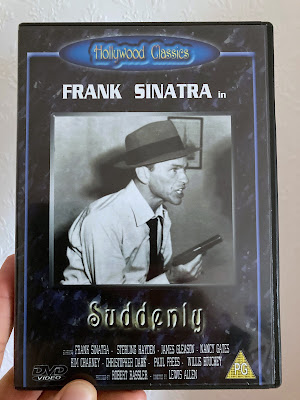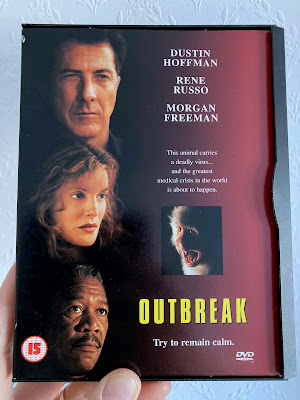Thriller in which Mel Gibson and
Rene Russo star as the wealthy parents of a boy kidnapped by
Gary Sinise and his gang. Rather than pay the $2 million, Gibson's character takes matters into his own hands and creates a bounty for the kidnapper.
It’s taut if trashy, and it keeps you engaged. Russo and Sinese are watchable, as always, but Gibson is oddly overwrought. It’s partly the character – he plays a loose cannon reckless enough to take the ransom process off-piste and gamble his son’s life in the process – but it’s partly just his odd acting.
There’s a sort of theme about macho behaviour, with the two male characters trying to dominate each other, but it’s not entirely believable. Gibson simply isn’t convincing as a dad or husband, and he has remarkably little chemistry with Russo. In fact, his character comes across as a total weirdo. (What kind of parent thinks he knows more about kidnap strategy than the FBI?) A plot thread about him having lied to his wife promised to take the film in a more interesting direction – i.e., with the criminal exploiting their divisions to play the couple off against one another – but strangely that possibility isn’t explored beyond an initial hint. Also, it fails my standard test of a film’s quality in that the minor characters are cardboard cut-outs instead of being developed and given their own motivations.
Slow-motion action sequences are never a good sign in a thriller, and there are too many here. I also found the black-and-white treatment applied to the closing moments a little naff and unnecessary.
Ron Howard is usually a dependable director, but you can’t help feeling that this one somehow got away from him.
















































